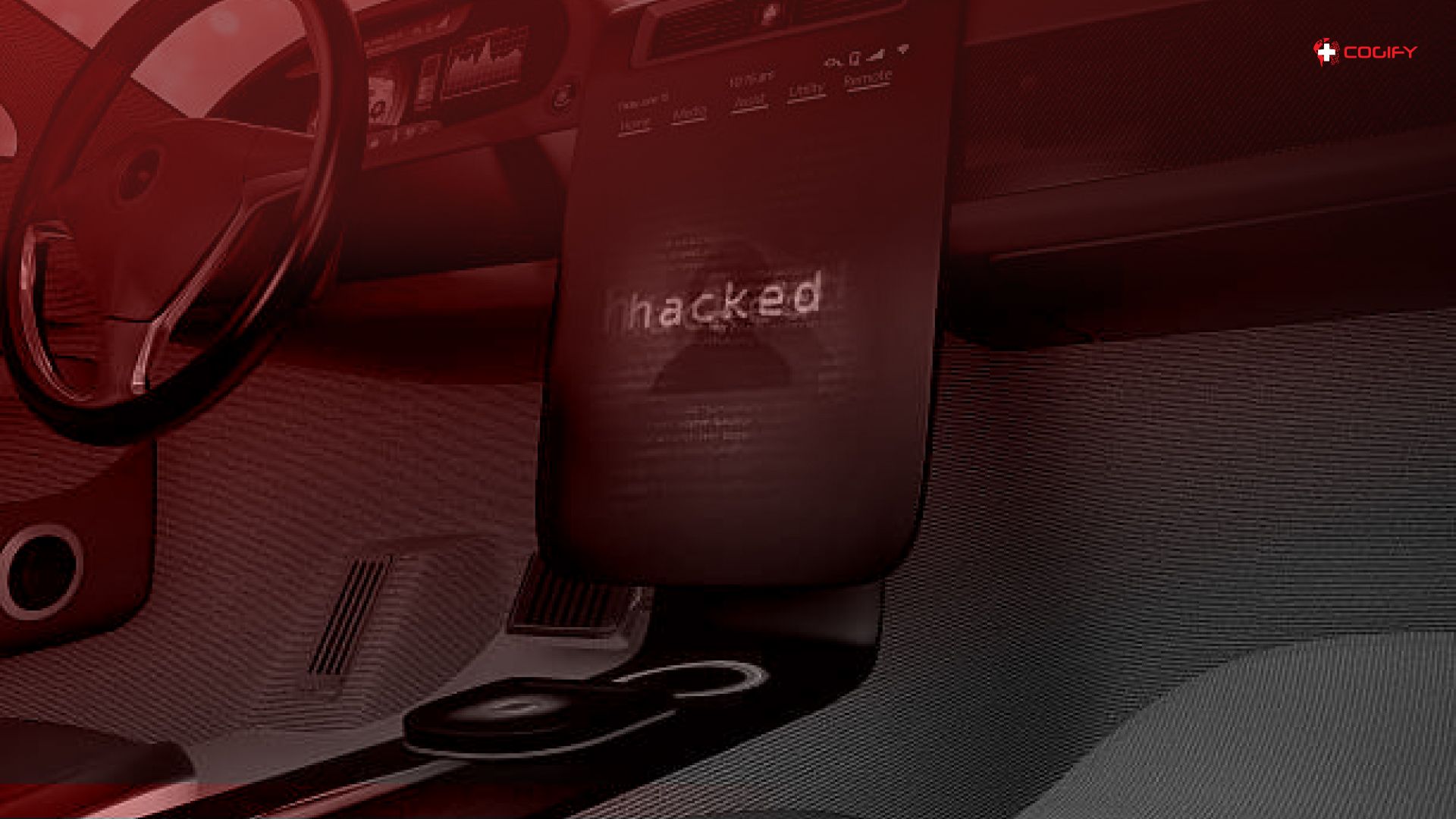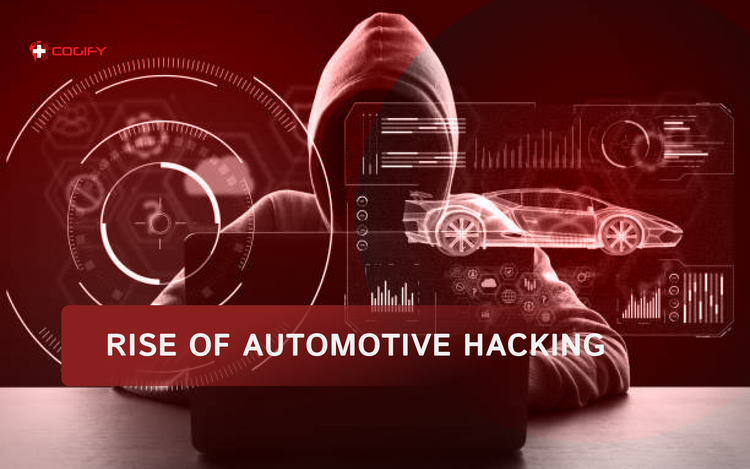Hacking attacks on the automobile industry have been growing in recent years due to severe security breaches. There is potential to hack into a number of systems so that hackers could steer and brake a vehicle, temporarily stop acceleration, or even take control of trunk door locks, steering wheel locks and engine control units.
In this article, you'll find tips on how you can keep your vehicles protected.
What is Automotive Hacking?
Automotive hacking refers to the unauthorized access and manipulation of a vehicle's electronic systems, often with malicious intent. Modern vehicles are equipped with numerous interconnected computer systems, such as infotainment units, engine control modules, and advanced driver assistance systems, all of which can be targeted by hackers.
By exploiting vulnerabilities in these systems, hackers can gain control over various vehicle functions, potentially compromising safety and security.

The Rise of Automotive Hacking
In recent years, there has been an increasing rise in automotive hacking. This is a serious concern for vehicle owners as it can lead to a loss of control over their vehicles. There are a number of ways in which hackers can gain access to a vehicle's systems, including through the use of diagnostic tools, wireless technologies, and even physical access to the vehicle.
While some hacks may be simply nuisance attacks that result in little more than an inconvenience, others can be much more damaging. In some cases, hackers have been able to gain control over a vehicle's steering, brakes, and even engine. This can obviously pose a serious danger to the driver and passengers, as well as other motorists on the road.
Fortunately, there are steps that vehicle owners can take to help protect their vehicles against hacking. One of the best things you can do is to keep your vehicle's software up to date with the latest security patches. You should also be careful about who you allow access to your vehicle's systems, and be sure to use strong passwords and authentication measures. Finally, if you think your vehicle may have been hacked, be sure to contact your dealer or manufacturer immediately.

Most Common Automotive Attack Methods
There are several methods that attackers use to exploit vulnerabilities in vehicles. Some of the most common attack vectors include:
-
In-vehicle networks: Many modern vehicles are equipped with in-vehicle network systems that allow various components and systems to communicate with each other. This connectivity can be exploited by attackers to gain access to and control over critical vehicle systems.
-
OBD-II ports: Most vehicles manufactured after 1996 have an Onboard Diagnostics (OBD) port that allows mechanics and technicians to interface with the vehicle's computer system for diagnostics and repairs. However, these ports can also be used by attackers to upload malicious code or manipulate vehicle data.
-
Wireless technologies: Vehicle components and systems that use wireless technologies (e.g. Bluetooth, Wi-Fi, cellular) are also vulnerable to attack. For example, an attacker could spoof a Bluetooth connection in order to gain access to the vehicle's infotainment system or use a Wi-Fi connection to remotely control engine functions.
-
External interfaces: Vehicles often have external interfaces (e.g. USB ports, key fobs) that can be used by attackers to physically connect devices that enable them to upload malicious code or manipulate vehicle data.

How to Protect Your Vehicle Against Hacking
Here are the top 4 tips on how to protect your vehicle agains automotive attacks and hacking:
1. Keep your software up to date:
Just like with any other type of computer, it’s important to keep your car’s software up to date in order to patch any security vulnerabilities. To ensure your vehicle's security, regularly check for software updates released by automakers for infotainment systems and other electronic components. Many vehicles also offer settings for automatic updates, which can be a convenient way to ensure your software is always current, closing potential security gaps that hackers might exploit.
2. Use a secure connection:
When connecting your car to a garage door opener, home automation system, or even your smartphone, be sure to use a secure connection such as Bluetooth Low Energy (BLE) or a dedicated short-range communication protocol.
3. Be cautious with wireless connections:
When connecting your phone or other devices wirelessly to your car, make sure you’re using a secure connection (usually indicated by a padlock icon) and that you trust the device you’re connecting to. Avoid using public Wi-Fi hotspots to connect to your car’s systems.
4. Install an anti-malware system:
Consider installing a vehicle-compatible anti-malware system. With the rise in automotive digital technology, specialised anti-malware solutions are now available for vehicles. These systems can provide an additional layer of protection against malicious software designed to compromise vehicle control systems. It's advisable to consult with a vehicle technology specialist to select the most suitable anti-malware system for your car's specific make and model.
In addition to digital security measures, you can also protect your car with physical security devices such as steering wheel locks and kill switches.
Closing Thoughts
As we become increasingly reliant on technology, it's important to be aware of the dangers that come with it. Automotive hacking is a real and growing threat, but there are ways to protect yourself by keeping your vehicle's software up to date, being careful what you plug into your vehicle and being aware of potential physical threats to your vehicle.
By following the above tips, you can enhance your vehicle's security against hackers.





